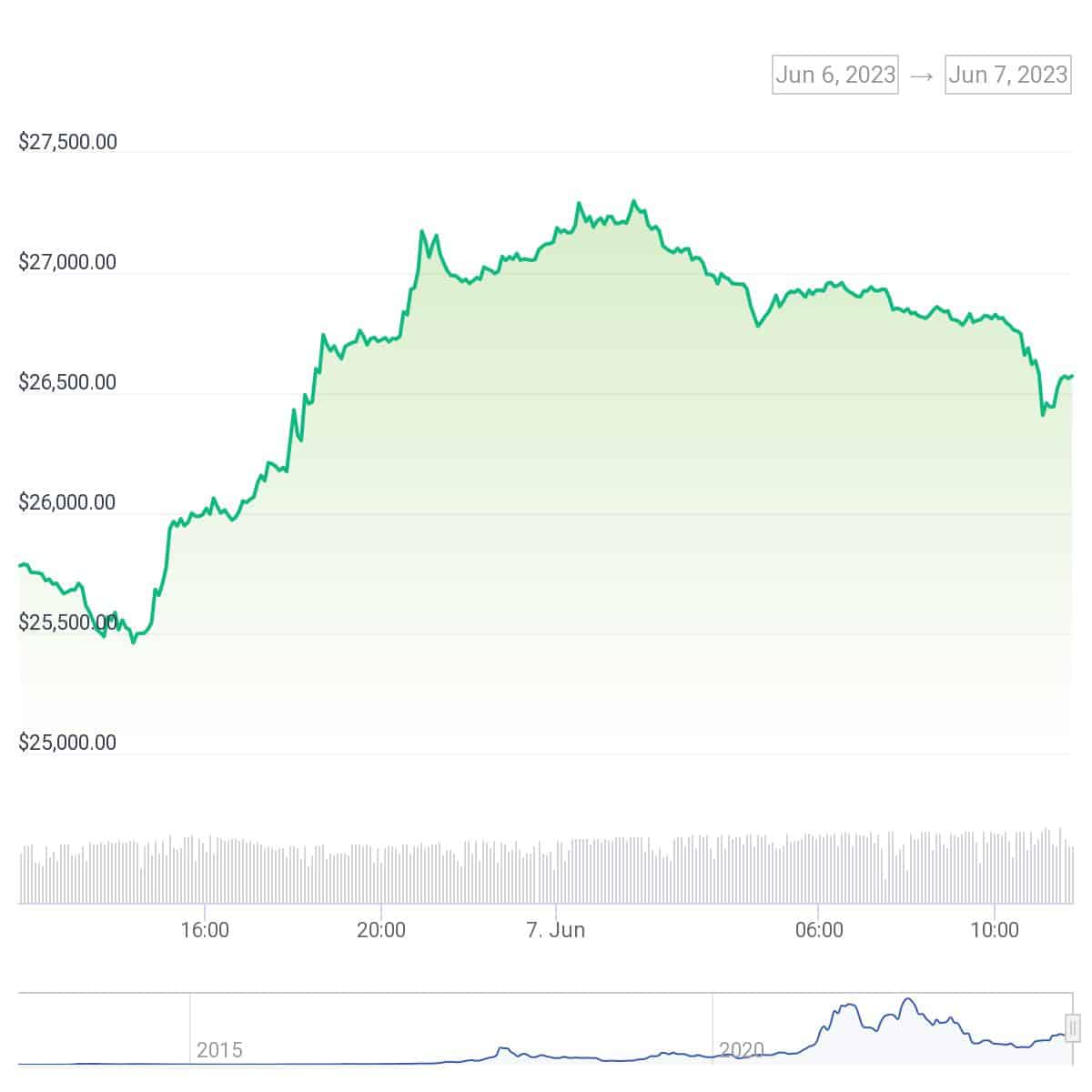US court orders SEC to respond to Coinbase’s rulemaking petition

US court has directed the SEC to address Coinbase’s rulemaking petition within a week, as the crypto exchange seeks regulatory clarity for digital assets amidst an ongoing lawsuit and heightened enforcement actions against market participants.
The US Court of Appeals for the Third Circuit has issued a significant order that compels the US Securities and Exchange Commission (SEC) to clarify its stance on a rulemaking petition submitted by leading cryptocurrency exchange Coinbase.
Coinbase had earlier filed a challenge under the administrative procedure act, seeking to prompt the SEC to respond to its petition for formal rulemaking in the digital assets sector, asserting that the existing regulatory framework, which focuses on securities, is ill-suited for the unique nature of crypto.
In response to Coinbase’s suit, the court has directed the SEC to respond within seven days, indicating whether it intends to decline Coinbase’s request while also providing reasons for such a decision or presenting a timeline for concluding the matter.
Paul Grewal, chief legal officer of Coinbase, recently emphasized the importance of establishing clear rules and regulations before enforcing actions. In a series of tweets, he stated,
“Rules of the road, from legislation or rulemaking or both, must come before enforcement actions. That is why we petitioned the SEC for rulemaking nearly a year ago in the first place.”
Paul Grewal, chief legal officer of Coinbase
Coinbase’s request for rulemaking has become particularly significant as the SEC recently filed a lawsuit against the exchange, alleging that it operates an unregistered securities exchange.
Grewal expressed his belief that the SEC’s decision to pursue litigation against Coinbase demonstrates their denial of the company’s petition for rulemaking.
Additionally, the SEC has been instructed by the court to justify why it believes the case should not be continuously overseen by it and why it should not furnish Coinbase with regular updates regarding the progress of rulemaking, as requested by the exchange.
Grewal further emphasized Coinbase’s position, stating, “If the SEC’s answer to our petition for rulemaking is ‘no,’ then they are required by law to tell us because we have the legal right to question that ‘no’ in court. And there are serious questions to be asked.”
A watershed moment
The outcome of this court order will shed light on the SEC’s approach to rulemaking and its stance on Coinbase’s petition. It will also have wider implications for the digital assets sector, as regulatory clarity is crucial for fostering innovation and ensuring compliance among market participants.
In addition to denying Coinbase’s request for clarity, the SEC has ramped up its enforcement actions against prominent cryptocurrency exchanges. The agency’s lawsuit against Coinbase, alleging unregistered securities exchange operations, is a clear example of its intensified scrutiny of the industry.
The SEC has also taken action against Binance, one of the largest cryptocurrency exchanges globally, accusing it of operating an unregistered securities exchange and failing to register as a national securities broker.
Bitcoin price rebounds despite regulatory challenges
After the recent announcement of the SEC’s lawsuit against Binance, bitcoin experienced a temporary dip, hitting a daily low of $25,380. However, it swiftly rebounded, exemplifying the volatility and resilience synonymous with the cryptocurrency market.
As of the time of writing, BTC is hovering at $26,690.56, reflecting a 3.60% increase in the past 24 hours. Over the last seven days, it has experienced a slight decline of -1.80%.

With a circulating supply of 19 million BTC, Bitcoin’s market capitalization stands at an impressive $517,359,511,681, according to CoinGecko.
Notably, bitcoin has weathered numerous regulatory challenges, market fluctuations, and negative sentiment in the past decade.
It’s important to note that while bitcoin has shown resilience, regulatory actions can still have short-term effects on its price and overall market sentiment. Market participants should remain vigilant about regulatory developments and compliance requirements to navigate the evolving landscape successfully.

















